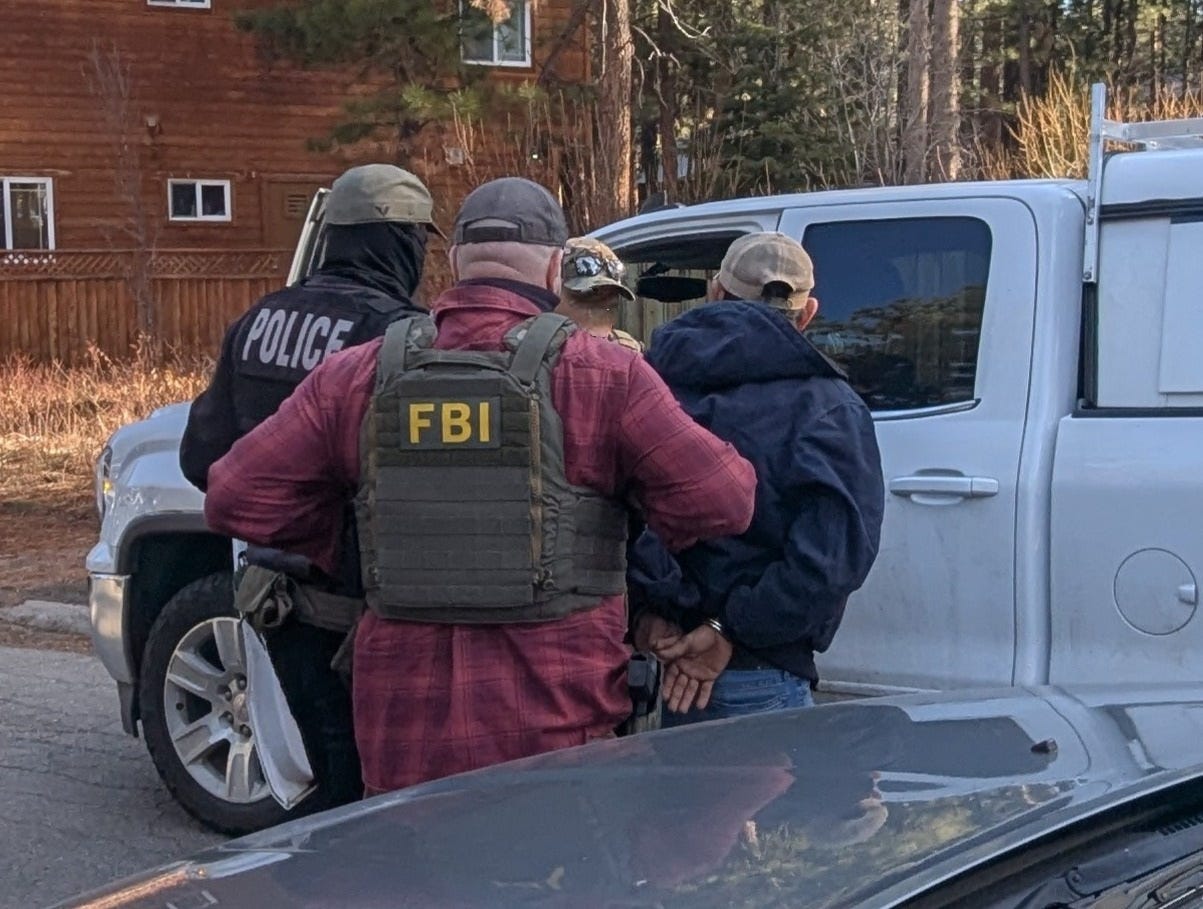How a Landlord and a Florida PR Firm Helped Trump Kick Off the Tren de Aragua Gang Panic
Trump’s “Operation Aurora” swept up only one suspected gang member — but set the stage for a radical expansion of government power.

President Donald Trump’s border czar, Tom Homan, was on a Sunday talk show last weekend to defend the administration’s use of wartime powers to label Venezuelan immigrants as gang members and deport them without due process.
“How do your people in the field determine that someone is a gang member?” Jonathan Karl, a co-anchor of ABC’s “This Week,” asked.
“Look, there’s various methods,” Homan responded. “I’ve noticed in the media people saying, ‘They don’t have criminal histories.’ Well, a lot of gang members don’t have criminal histories, just like a lot of terrorists in this world — they’re not in any terrorist database, right?”
It was a rare moment of transparency for Homan, a former acting director of the U.S. Immigration and Customs Enforcement, best known to most Americans for his time as a tough-talking political commentator on Fox News.
His analogy — likening suspected Venezuelan gang members to Al Qaeda or Islamic State fighters — was telling. Both, he implied, operate in ways that make proving connections nearly impossible, allowing the government to label anyone a threat.
For two decades after the September 11 attacks, the federal government inflated the threat of Islamist extremism in the U.S. by running undercover sting operations. The arrests were made to much fanfare, but actually locked up people who posed little or no threat to the country. Instead of bolstering public safety, what these operations did was bolster expanded post-September 11 law enforcement powers and bloated counterterrorism budgets.
Now, the Trump administration is returning to that playbook: exaggerating to the public the threat of a Venezuelan transnational prison gang, Tren de Aragua, to justify expanded powers.
Claiming a growing and direct threat from Tren de Aragua, the Trump administration invoked a law dating back to 1798 to begin mass deportations of Venezuelans.
More than 200 Venezuelans have already been deported under the law, some to a prison in El Salvador, even as a federal judge has ordered the U.S. government to stop using these wartime powers for deportation operations.
Trump claimed that “evidence irrefutably demonstrates” that Tren de Aragua, now treated as a terrorist organization by his administration, is invading the United States.
But that isn’t true.
Public reports tie alleged members of the gang to several violent crimes, including a robbery and murder in Miami, a kidnapping and double homicide in Chicago, and, most infamously, the killing of Georgia nursing student Laken Riley.
That these crimes were isolated and relatively limited in number hasn’t stopped the Trump administration from treating Tren de Aragua as an existential threat. The gang has become the latest stand-in for fears about immigrants — “proof” that open-border policies have allowed dangerous foreign enemies into the country.
Yet this isn’t a national crisis. It’s a moral panic — manufactured, inflated, and easily deconstructed — with unexpected origins in rundown apartment buildings in Colorado and a PR firm in Florida.



